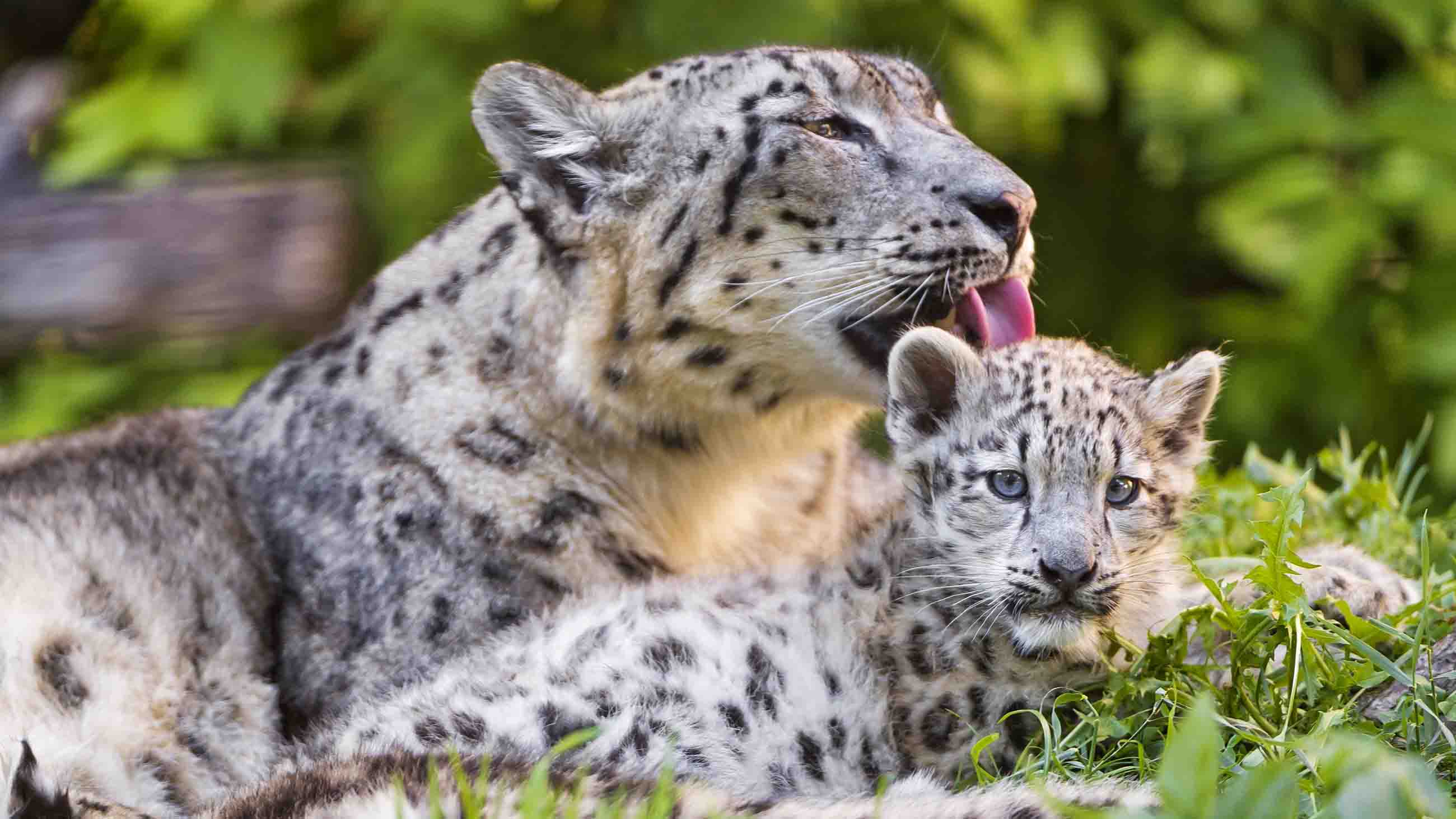Abstracts: Parasites, Snow Leopards, and More
• As many as one out of every three parasitic species could go extinct in the next century as a result of climate change. The loss of these parasites has the potential to disrupt food webs, since up to 80 percent of the lines in food webs connect to parasites. (New York Times)

• Conservative MP Vicky Ford will serve as the sole female member of the U.K. Parliament’s eight-person Science and Technology Committee after the committee’s chair put out a desperate call for female nominations. The committee’s membership was initially slated to be all-male, which sparked outcry and complaints earlier this week. (Science)
• Previously considered endangered since 1972, the snow leopard’s risk of extinction has been downgraded to “vulnerable.” But researchers warn that the species still faces high risks from poachers in the wild. (BBC)
• Biologist Kenneth Catania continued the tradition of scientists intentionally getting shocked by electric eels in order to record the electrical current the organism can produce. Catania’s findings, which provide more insight into how eels deliver especially intense shocks by jumping out of water, were published yesterday. (Washington Post)
• A new report by the U.S. Energy Information Agency predicts that fossil fuel consumption will grow by 16 percent from 2015 levels by 2040, even as renewable energy continues to see growth. The report contradicts with goals set at the Paris climate accords to reduce total fossil fuel consumption that year. (InsideClimate News)
• Economic research suggests that entrepreneurs are more likely to have broken rules or laws as teenagers and young adults. This trend could help economists and psychologists understand why some successful, high-profile entrepreneurs such as Martin Shkreli wind up in legal trouble while justifying their bad behavior. (New York Times)
• People who are native to New Guinea have notable linguistic and genetic diversity dating back to 10,000 or 20,000 years ago, according to a new study. The research team was surprised to find that the invention of agriculture around that time did not reduce genetic diversity, as it did in many societies. (Science)
• And finally, NASA’s Cassini probe crashed into Saturn today, ending its 13-year mission. (Vox)









